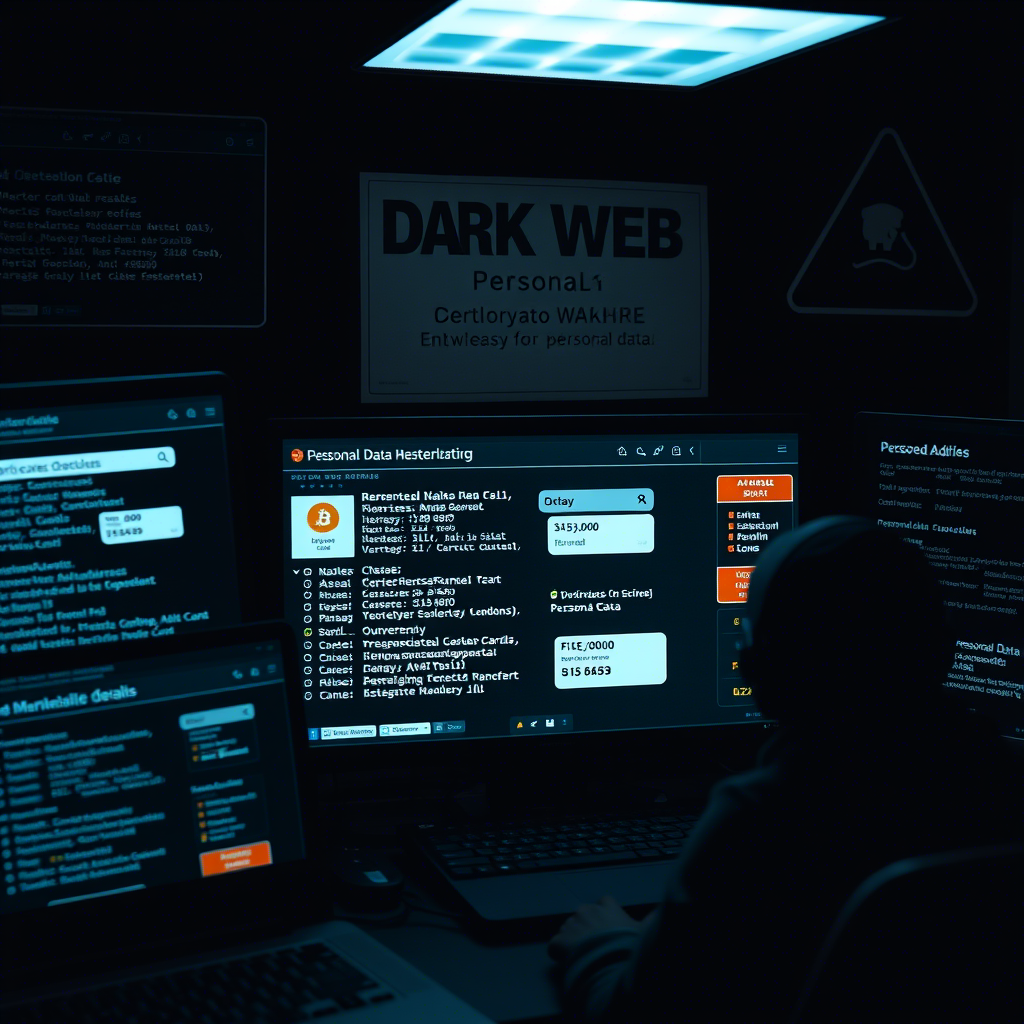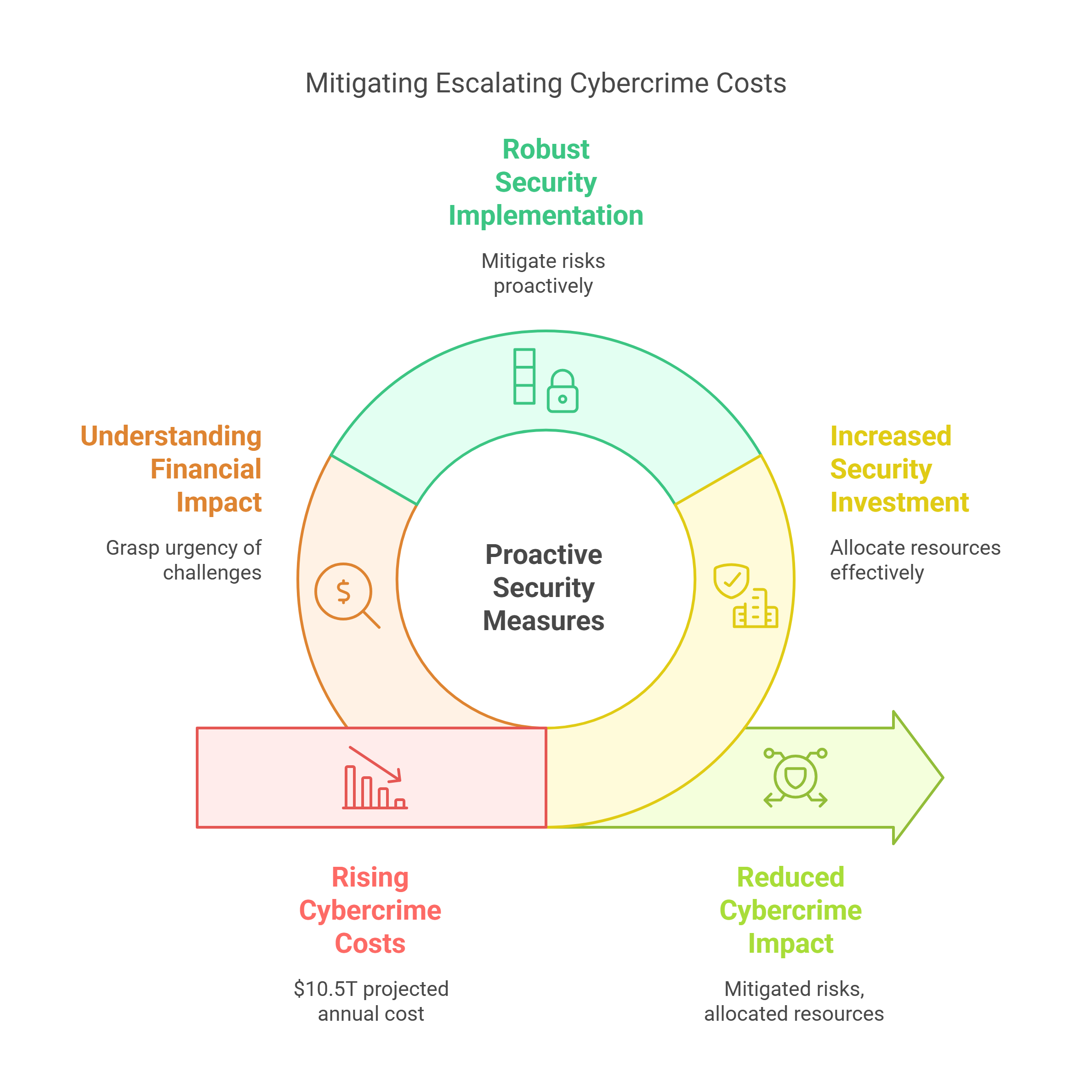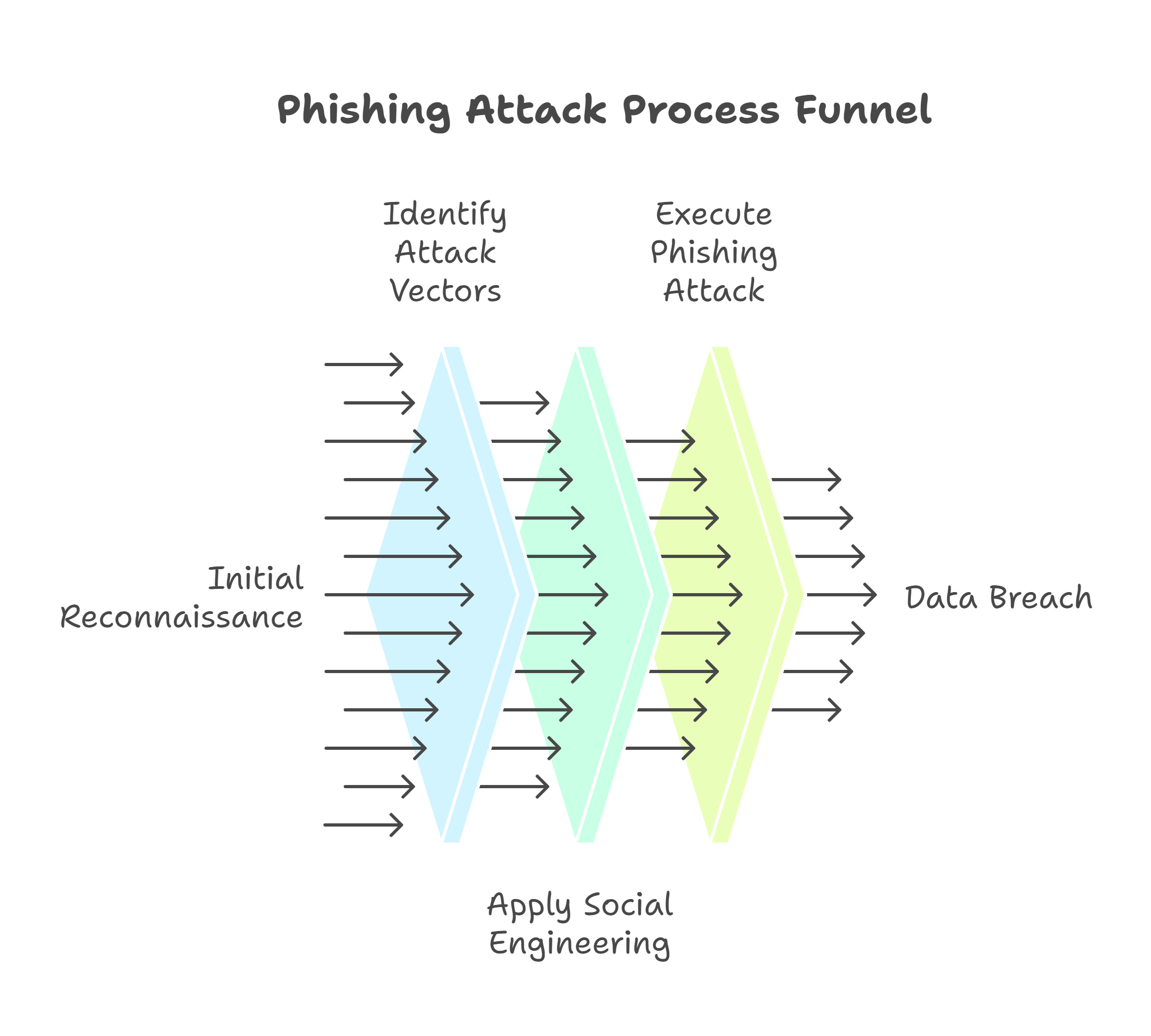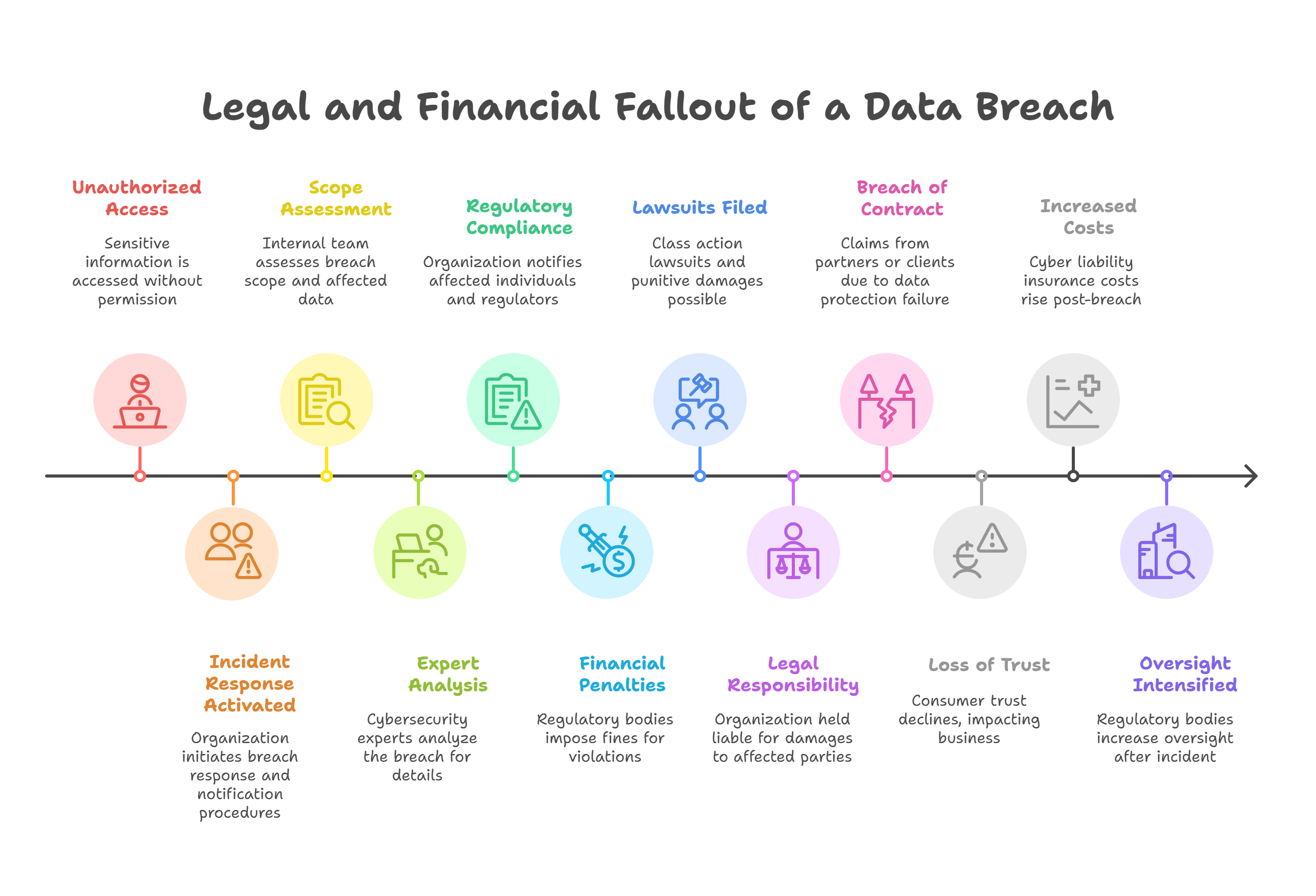Do you have 30 seconds to discover why your Dark Web Security is being compromised while your data sits on a virtual auction block right now?
Every day, cybercriminals buy and sell private information on hidden marketplaces beyond the reach of standard search engines. While you’re reading this, your passwords, financial details, and personal records could change hands without your knowledge.

Your Data Has Already Been Compromised
The shocking reality about your digital footprint:
- The average person’s email has been exposed in at least 2 data breaches
- Complete identity packages (SSN, DOB, address) sell for as little as $40
- Banking credentials with confirmed balances command $500+ per account
- Medical records fetch 10-20 times more than credit card numbers
- Login credentials for multiple services are sold in bulk packages
According to Cybersecurity Ventures, cybercrime damages will cost the world $10.5 trillion annually by 2025, with much of this activity flowing through Dark Web channels.

The real-world consequences hit hard:
- Identity theft recovery typically requires 100-200 hours of personal time
- Average financial losses reach $1,500 per victim
- Credit score damage persists for 3-7 years
- 77% of victims report significant emotional distress
Most concerning? Your information may have been compromised months or years ago without your knowledge.
Today’s Cyber Criminals Use Sophisticated Attack Methods
Forget obvious scam emails with poor spelling. Modern Dark Web operators employ tactics that fool even security-conscious users:
<img alt=”Advanced phishing attack diagram showing social engineering techniques” width=”100%” height=”387″ />
- AI-generated phishing campaigns: Personalized attacks using data from previous breaches
- Zero-day exploit markets: Trading security flaws unknown to software vendors
- Ransomware-as-a-Service platforms: Allowing anyone to deploy enterprise-grade attacks
- Advanced social engineering: Psychological manipulation rather than technical hacking
Why conventional security measures fail:
- Password-only protection provides minimal protection against modern threats
- Standard antivirus software cannot detect many fileless malware variants
- Security awareness training often lacks practical application scenarios
- Patch management delays leave critical vulnerabilities exposed
Businesses Face Existential Dark Web Risks
Organizations of all sizes have become prime targets for Dark Web threat actors:
Corporate assets commonly traded include:
- Customer databases containing personal and payment information
- Proprietary intellectual property and trade secrets
- Administrative access credentials to critical systems
- Employee personal information, including payroll details
- Source code and product development plans
<img alt=”Image of business data breach consequences” width=”100%” height=”387″ />
| Breach Type | Average Cost | Business Impact |
|---|---|---|
| Customer Data | $180 per record | Legal liability, trust erosion |
| Intellectual Property | $1-3 million | Competitive disadvantage |
| Ransomware Attack | $1.85 million | Operational disruption |
| Credential Theft | $2.19 million | Multiple system compromises |
According to the U.S. National Cybersecurity Alliance, 60% of small businesses close within six months of a significant cyber attack, with Dark Web exposure being a primary vector.
Legal and Financial Fallout Extends Beyond Initial Breach
The aftermath of Dark Web exposure creates cascading consequences:

For individuals:
- Potential liability if compromised accounts are used to attack others
- Financial responsibility for certain types of fraud using your identity
- Legal burden of proving you weren’t responsible for actions in your name
- Employment challenges from damaged credit and background checks
For businesses:
- Mandatory breach notification requirements in most jurisdictions
- Regulatory fines from GDPR, CCPA, HIPAA, and industry-specific frameworks
- Shareholder lawsuits following major security incidents
- Insurance premium increases or coverage denials after breaches
Recovery costs accumulate quickly:
- Credit monitoring: $10-$40 monthly per person
- Legal representation: $200-$500 hourly for identity theft resolution
- Productivity losses during recovery processes
- Reputational damage affecting future opportunities
Adequate Protection Requires Strategic Implementation
Despite serious threats, securing yourself against Dark Web exposure follows clear principles:
<img alt=”Multi-layered security approach diagram” width=”100%” height=”387″ />
Essential security foundations:
- Deploy a password manager to generate and store unique credentials
- Implement multi-factor authentication across all critical accounts
- Maintain current software patches on all devices
- Practice strict email hygiene regarding attachments and links
- Monitor for data breaches using reputable scanning services
Security tools worth investing in:
- Have I Been Pwned – Free service checking if your email appears in known data breaches
- Dark Web monitoring services that scan hidden marketplaces for your information
- Identity theft protection combines monitoring and recovery assistance
- Password breach verification tools
- Multi-layered email security solutions
For businesses requiring comprehensive protection:
Mynians Security Solutions provides complete Dark Web protection for individuals and organizations. Their expert security team delivers:
- Thorough security assessments identifying critical vulnerabilities
- Employee security training reduces successful attack rates
- Incident response planning minimizes breach damage
- Continuous Dark Web monitoring for company credentials

Take Action Now: Your Dark Web Security Roadmap
Understanding Dark Web threats matters only if you implement protective measures:
- Check your exposure level using reputable scanning services
- Update all passwords to strong, unique combinations immediately
- Enable multi-factor authentication on email and financial accounts today
- Review your credit reports for suspicious activity
- Consider professional security support for ongoing protection
For businesses seeking robust protection against Dark Web threats, contact Mynians Security Solutions at https://mynians.com or call (407) 374-2782 to secure digital assets before they’re compromised.
This article provides general information about cybersecurity best practices. For specific security concerns, consult with a qualified cybersecurity professional.


